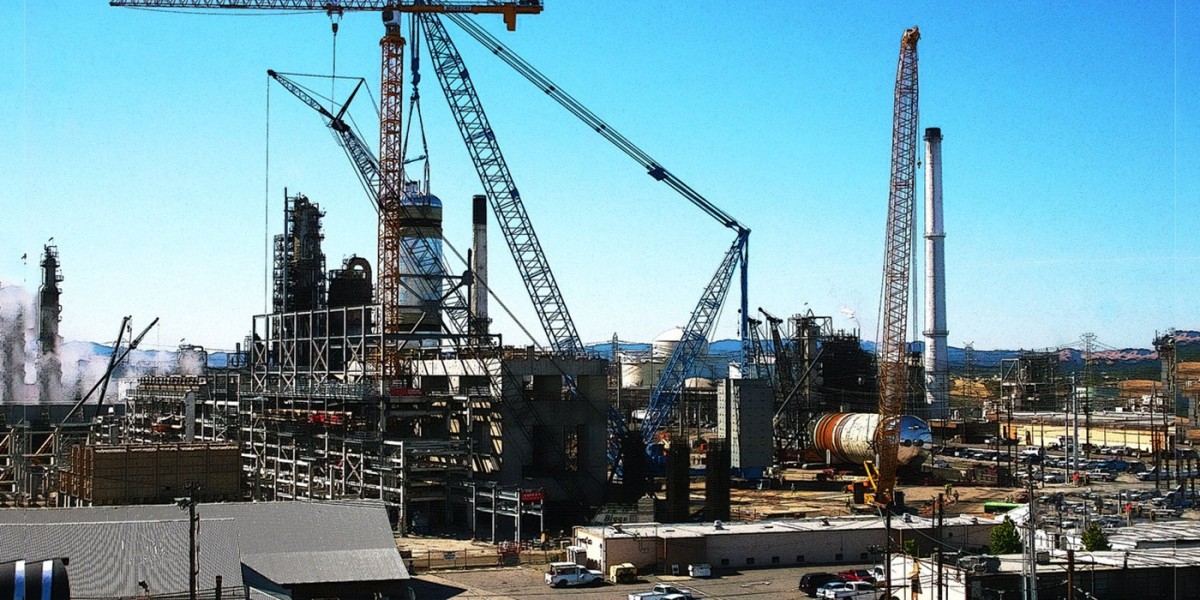In large-scale infrastructure and industrial projects, time, cost, and risk management are critical to success. One of the most widely used frameworks to streamline complex project execution is the EPC Contract—a model that brings together engineering, procurement, and construction under a single agreement.
But what exactly is an EPC contract, and why is it the preferred choice for major developments in sectors like energy, chemicals, manufacturing, and infrastructure? In this blog, we break down the structure, benefits, and considerations of EPC contracts to help stakeholders make informed decisions.
What Is an EPC Contract?
EPC stands for Engineering, Procurement, and Construction. An EPC contract is a turnkey project delivery agreement in which a contractor is responsible for all activities from design, sourcing, and construction to commissioning and handover of the project.
At the end of the contract, the client receives a fully operational facility that meets all predefined performance standards—ready to use from day one.
Key Features of an EPC Contract
Single-Point Responsibility
The EPC contractor assumes full responsibility for project execution, reducing the client’s burden of managing multiple vendors.Fixed Price and Fixed Timeline
Most EPC contracts are signed on a lump sum turnkey (LSTK) basis, which means cost and timelines are agreed upon in advance.Performance Guarantees
The contractor must meet specified performance targets (e.g., output capacity, energy efficiency) upon project completion.Defined Scope
Clear roles and deliverables are set, making the EPC model highly structured and results-driven.Risk Allocation
The contractor bears the majority of execution risk—including design flaws, procurement delays, or construction issues.
What Does an EPC Contractor Do?
An EPC contractor manages the full project lifecycle:
Engineering: Detailed design, feasibility studies, 3D modelling, and system integration.
Procurement: Sourcing of materials, vendor management, logistics, and quality checks.
Construction: Site mobilisation, civil works, mechanical and electrical installation, testing, and commissioning.
They may also coordinate with subcontractors or specialist vendors for niche tasks, but retain full accountability to the client.
Advantages of an EPC Contract
✅ Reduced Client Burden:
Clients can focus on core business while the contractor handles all technical and managerial aspects.
✅ Cost and Time Certainty:
Predefined budgets and deadlines help avoid scope creep or budget overruns.
✅ Lower Risk for the Client:
All project risks, including delays, cost escalation, or design errors, are shifted to the contractor.
✅ Streamlined Communication:
With a single party responsible, communication is centralised and more efficient.
EPC Contracts Are Common in:
Power Plants (Thermal, Solar, Hydro)
Oil & Gas Refineries
Petrochemical and Fertiliser Plants
Desalination and Water Treatment Facilities
Data Centres and Industrial Parks
Manufacturing Facilities
Rail, Port, and Airport Infrastructure
EPC vs Other Contract Models
| Contract Model | Responsibility | Risk | Flexibility |
|---|---|---|---|
| EPC | Contractor | High (on contractor) | Low |
| EPCM (Engineering, Procurement, Construction Management) | Client | Shared | High |
| Design-Build | Shared | Moderate | Moderate |
An EPC model is ideal when a client wants a hassle-free, guaranteed delivery of a fully functional project.
Things to Watch Out For
Detailed Scope Definition: Avoid vague requirements to prevent future disputes.
Contractor Reputation: Always choose contractors with proven experience in similar scale and industry.
Force Majeure Clauses: Clarify how external events (e.g. pandemics, geopolitical shifts) are handled.
Performance Tests: Ensure clear testing protocols before acceptance.
Conclusion
An EPC contract offers an efficient, low-risk solution for complex industrial and infrastructure developments. With a single point of accountability, guaranteed performance metrics, and predefined budgets, it’s no surprise that governments, developers, and private corporations worldwide favour this model.
Choosing the right EPC partner can make the difference between a project that meets its goals—and one that gets derailed. When structured and managed well, EPC contracts deliver certainty, speed, and operational success.







